Netherlands (Amsterdam)
Few things are as wasteful as a mobile phone. Designed to be discarded, even the latest model can seem outdated before it’s out of the box.
We might extract copper and gold from spent handsets, but Dutch social enterprise Fairphone argues that a proper accounting of the effects of the manufacturing process on the environment and workers, and the use of raw materials from conflict zones, demands a more effective way of approaching what has became one of humankind’s defining activities.
Developing phones that use ethically sourced precious metals, Fairphone believes consumers deserve and want “fair smartphones… designed and produced with minimal harm to people and planet.” The first model used tin and tantalum from the Democratic Republic of Congo (DRC) and the second phone used gold extracted from Peru.
While design and marketing creates a veneer of ultra-modernity around big-brand models, the truth is that in an age of technological openness, public participation in development of operating software is woefully out-dated. Fairphone have introduced an open source design process that allows people to develop the tools they want for their mobiles and simultaneously extend the phone’s lifespan. The recently launched version two of Fairphone features modular design utilising easier-to-understand components, so – with a little help from iFixit – when things go wrong users can repair their own phones. Suddenly, our mobiles are no longer quite so throwaway, which is a very good call.
Why does Fairphone exist? The United Nations made a two minute video about their goals and dreams:
Bio
Michael is a former British Magazine Writer of the Year and two times Columnist of the Year. He is a regular contributor to Wired, author of a social history of the AK47 and his cultural and travel writing appears in the Financial Times and New Statesman.
Project leader
Bas van Abel, Founder and CEO, Fairphone
Support the Atlas
We want the Atlas of the Future media platform and our event to be available to everybody, everywhere for free – always. Fancy helping us spread stories of hope and optimism to create a better tomorrow? For those able, we'd be grateful for any donation.
- Please support the Atlas here
- Thank you!
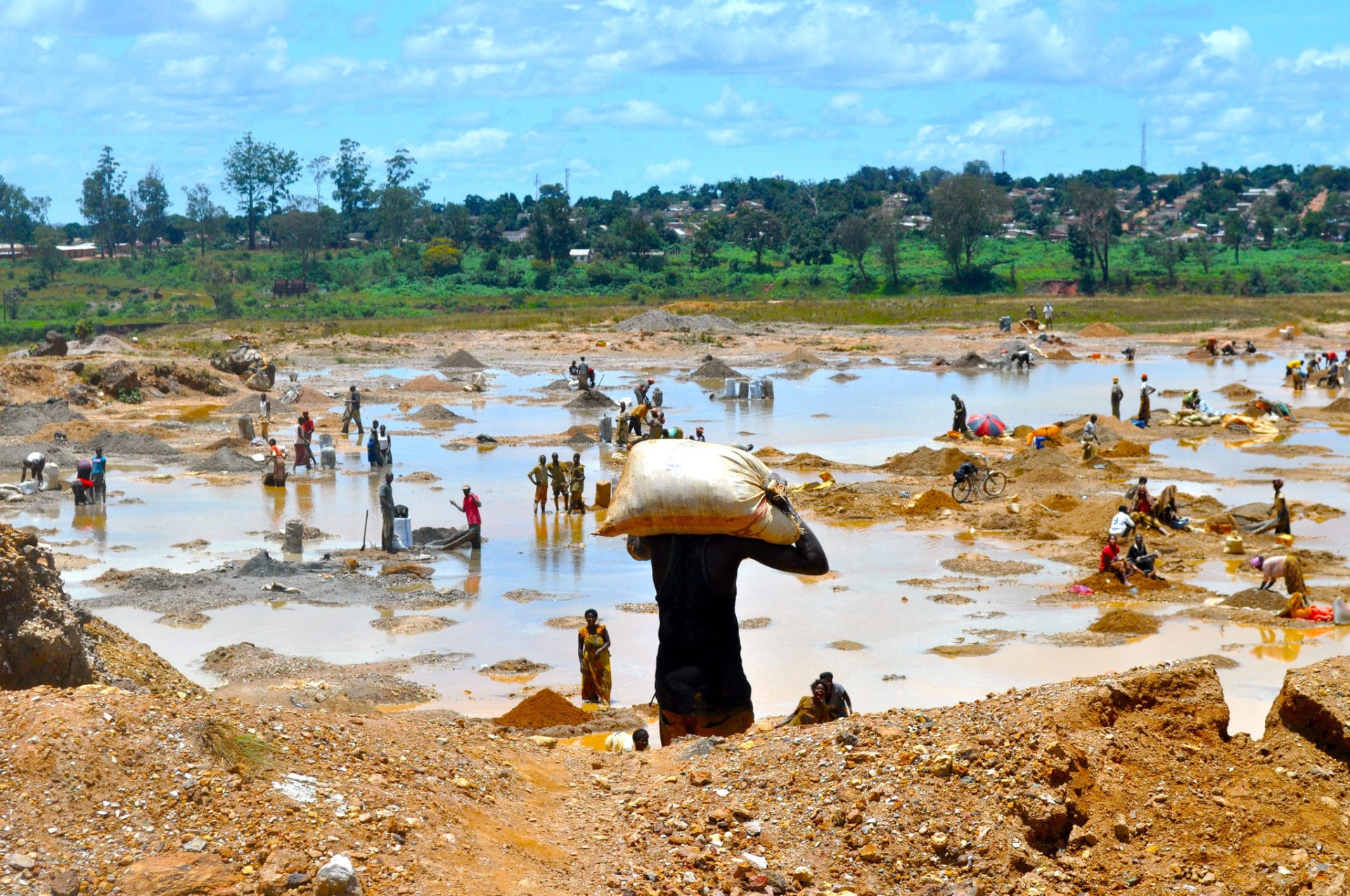
Washing the copper ore / All photos: Fairphone
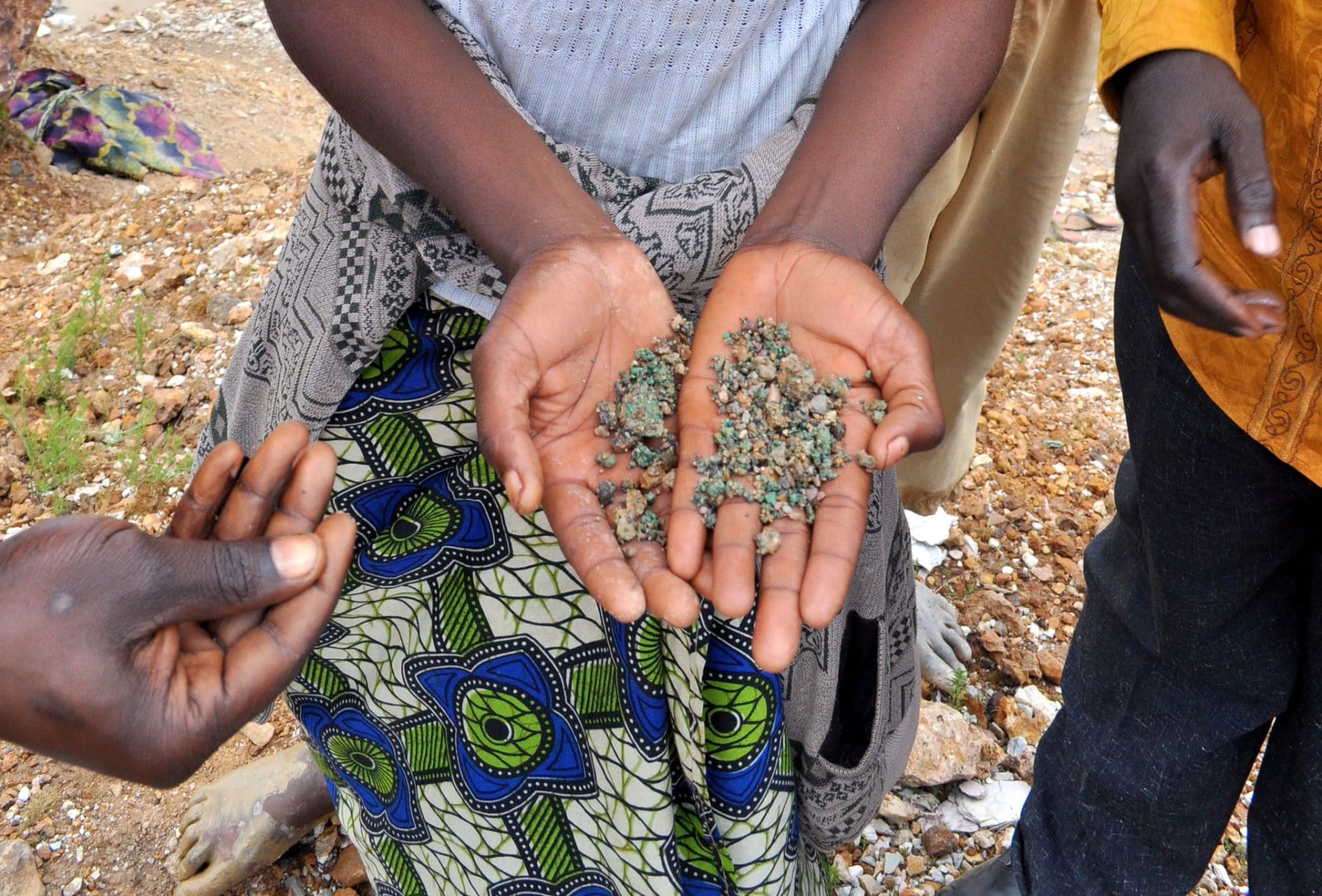
Please, show me the copper.
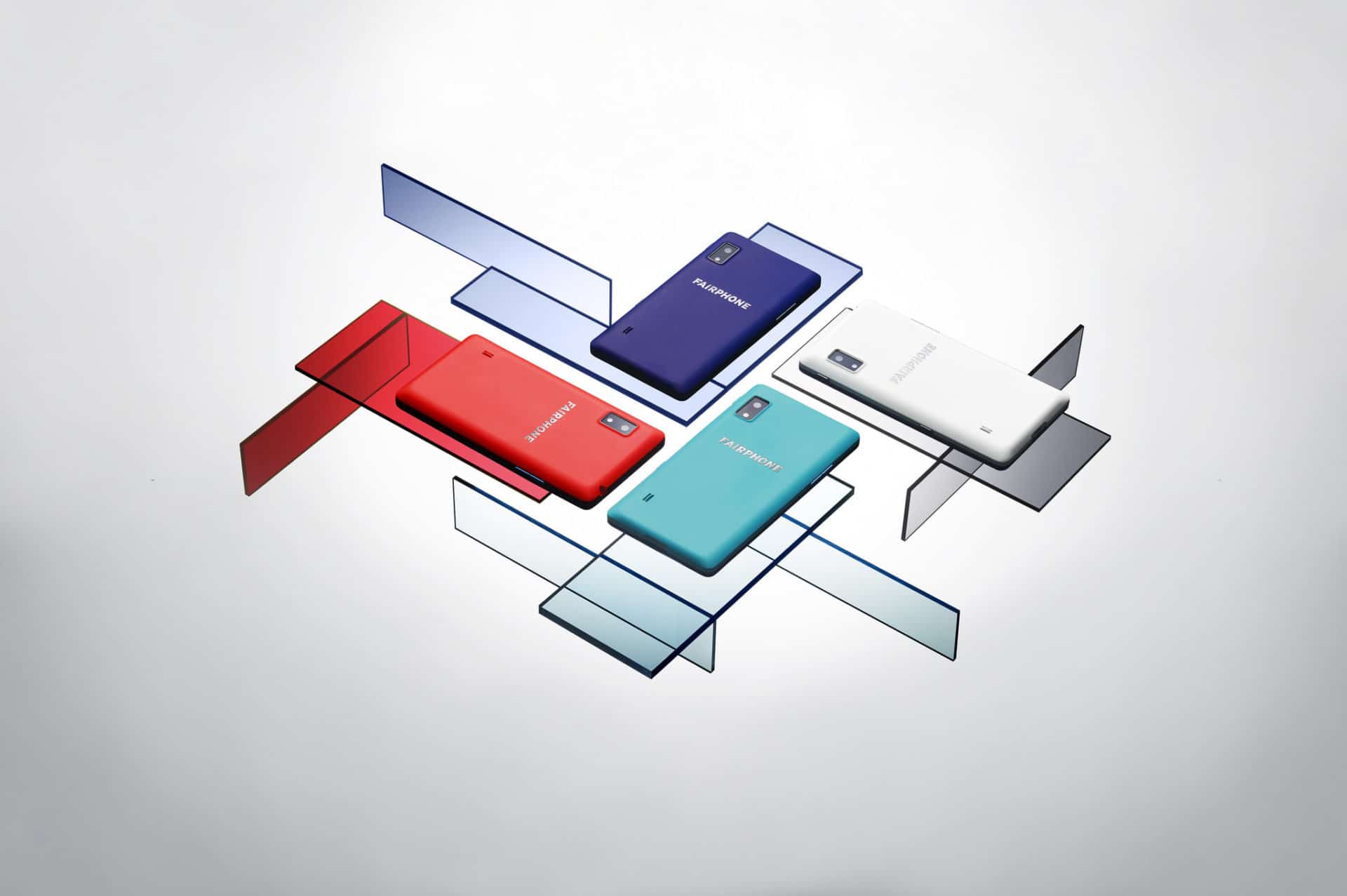
Fairphone 2 slim cases
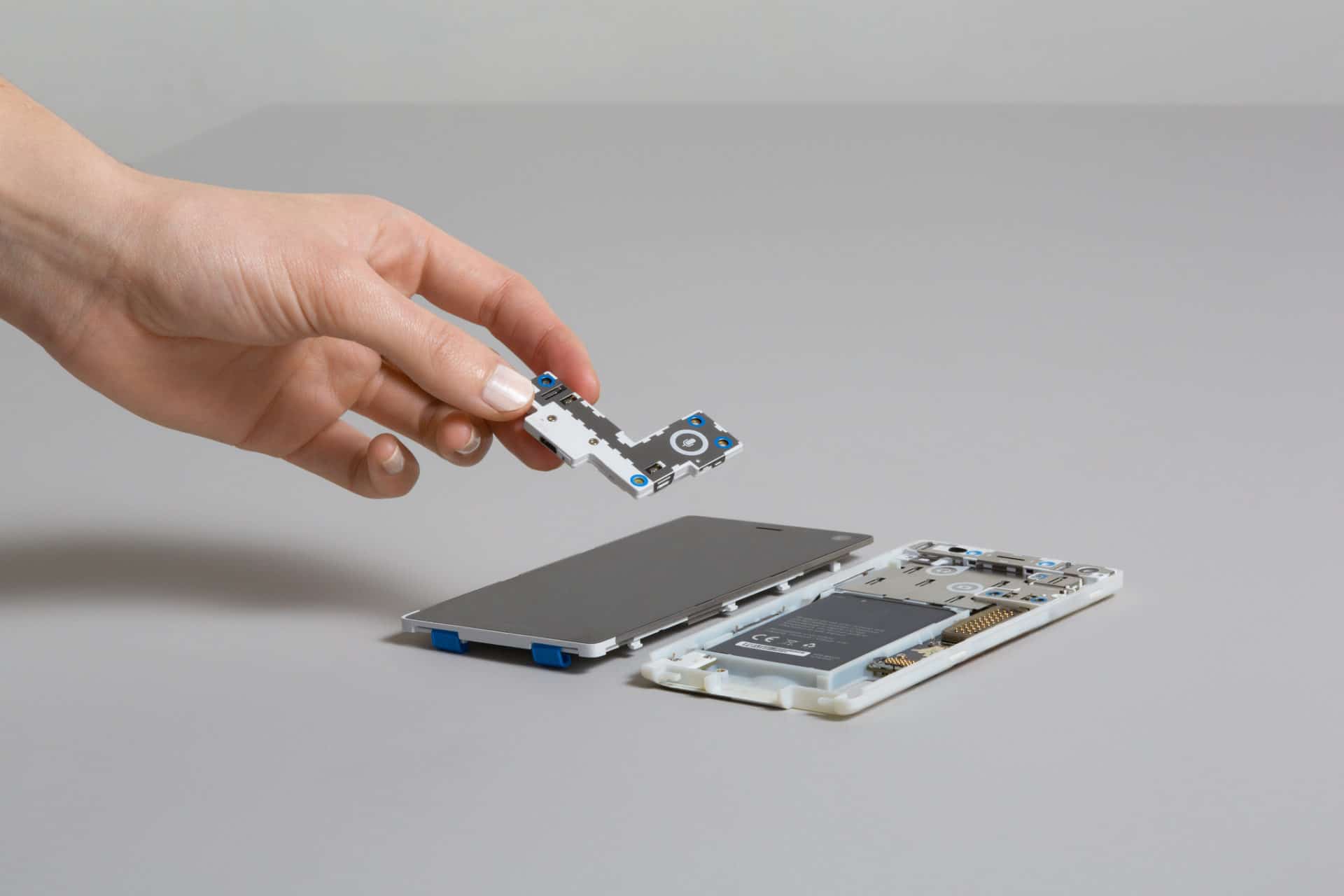
Fairphone 2
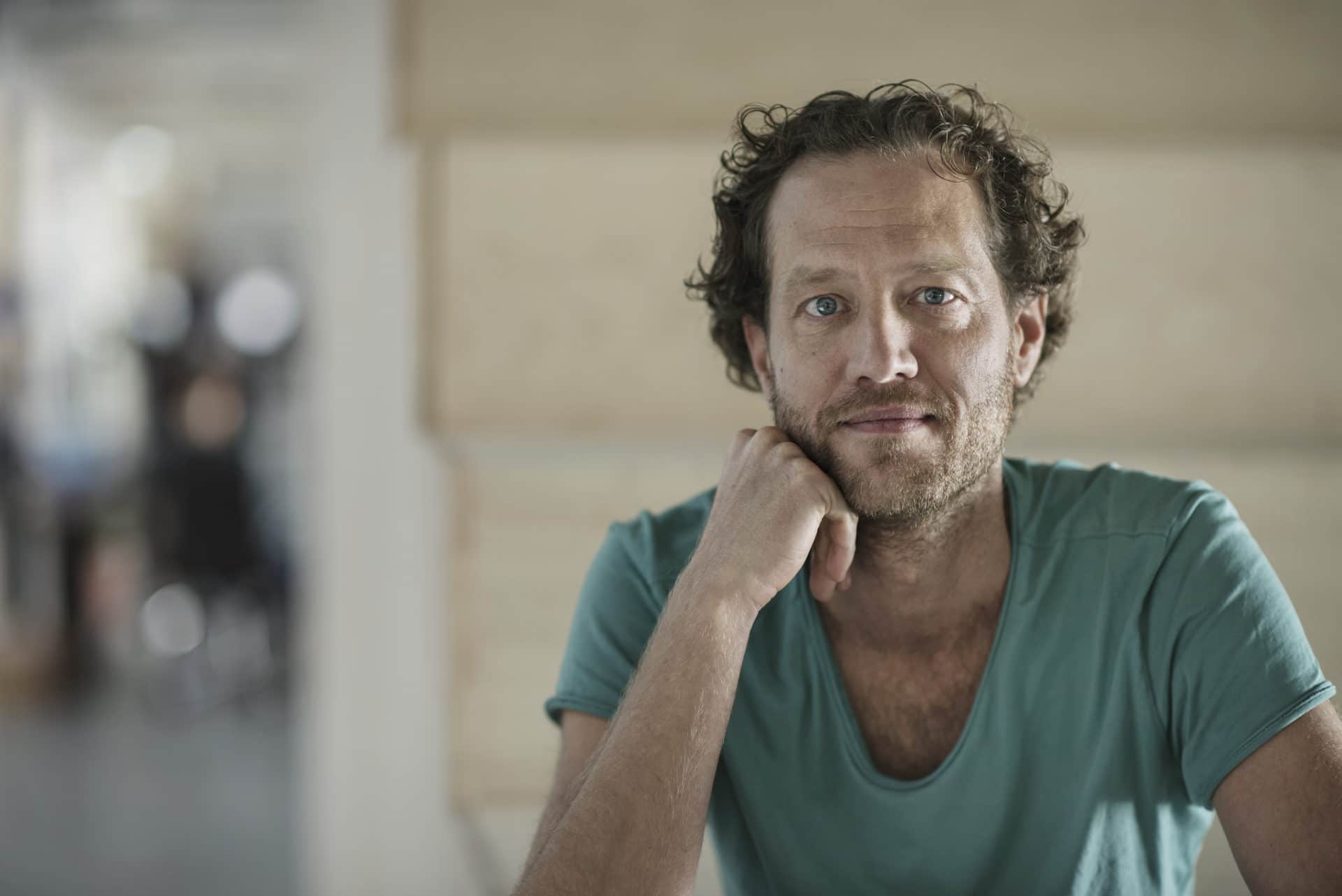
Bas van Abel, Fairphone Founder and CEO / Photographer: FRANK BAUER

